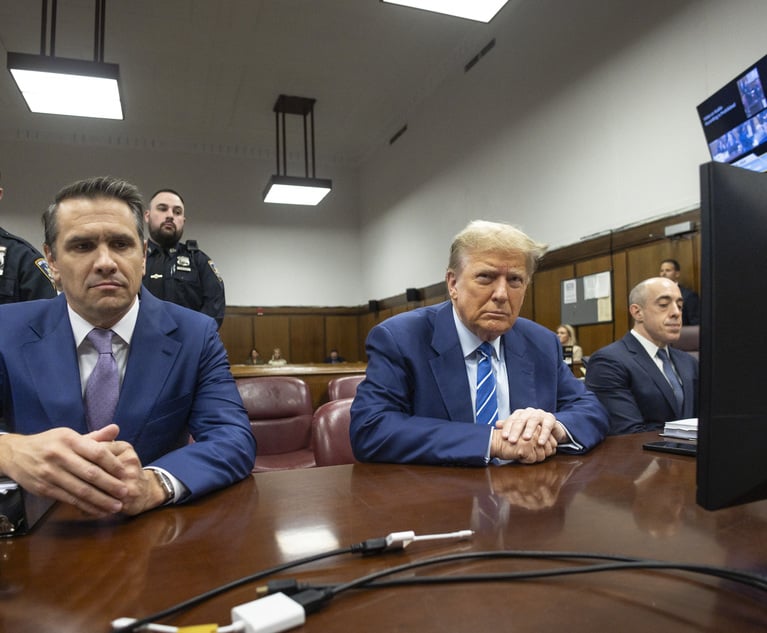 Statutes of limitations are an important check on prosecutorial power. As the U.S. Supreme Court has noted, they “represent legislative assessments of relative interests of the State and the defendant in administering and receiving justice” and “are made for the repose of society and the protection of those who may … have lost their means of defense.” United States v. Marion, 404 U.S. 307, 322 (1971) (quoting Pub. Sch. v. Walker, 76 U.S. (9 Wall.) 282, 288 (1869)). Defense counsel in complex white-collar investigations are often asked to waive these important protections by entering into tolling agreements, stopping the clock on the statute of limitations at issue.
Statutes of limitations are an important check on prosecutorial power. As the U.S. Supreme Court has noted, they “represent legislative assessments of relative interests of the State and the defendant in administering and receiving justice” and “are made for the repose of society and the protection of those who may … have lost their means of defense.” United States v. Marion, 404 U.S. 307, 322 (1971) (quoting Pub. Sch. v. Walker, 76 U.S. (9 Wall.) 282, 288 (1869)). Defense counsel in complex white-collar investigations are often asked to waive these important protections by entering into tolling agreements, stopping the clock on the statute of limitations at issue.
Whether such an agreement is actually in a target or subject’s best interest presents a difficult question. Among other things, defense counsel must weigh the scope and duration of the proposed agreement, the likelihood that the government will bring charges in the absence of a stipulated standstill, and the possibility that a valid statute of limitations defense to any subsequent charges might exist. In recent months, COVID-19 has also impacted the calculus, since the pandemic has impeded the government’s ability to conduct investigations and thus materially lengthened the amount of time necessary to secure an indictment.






